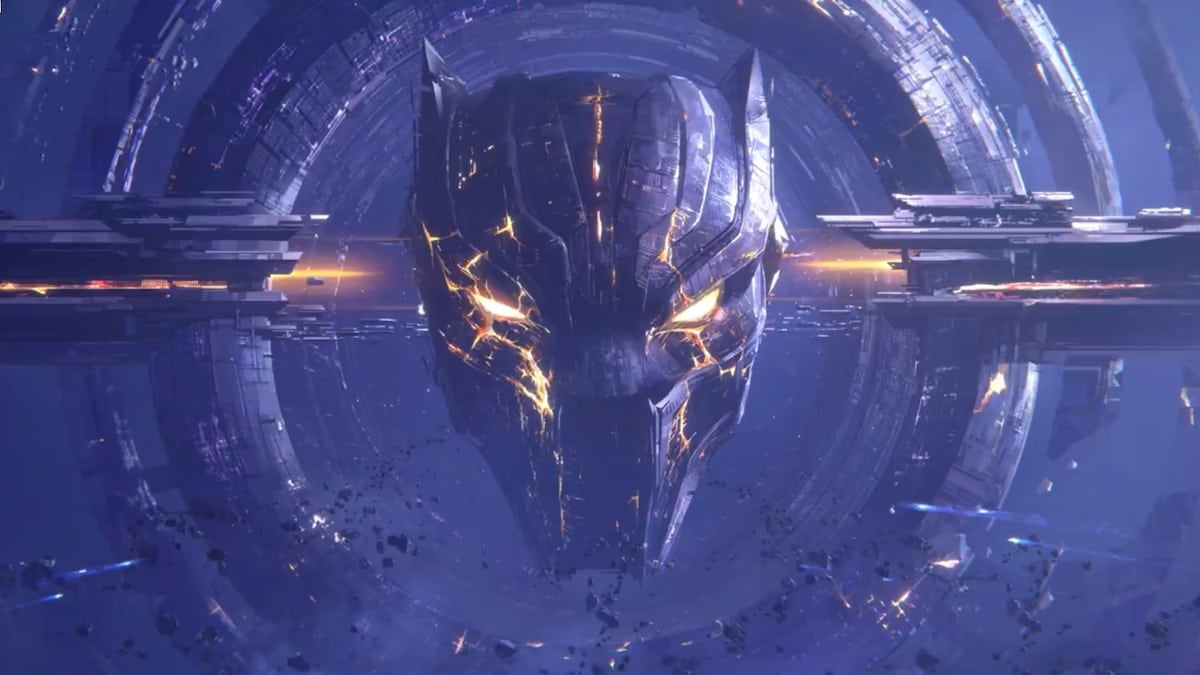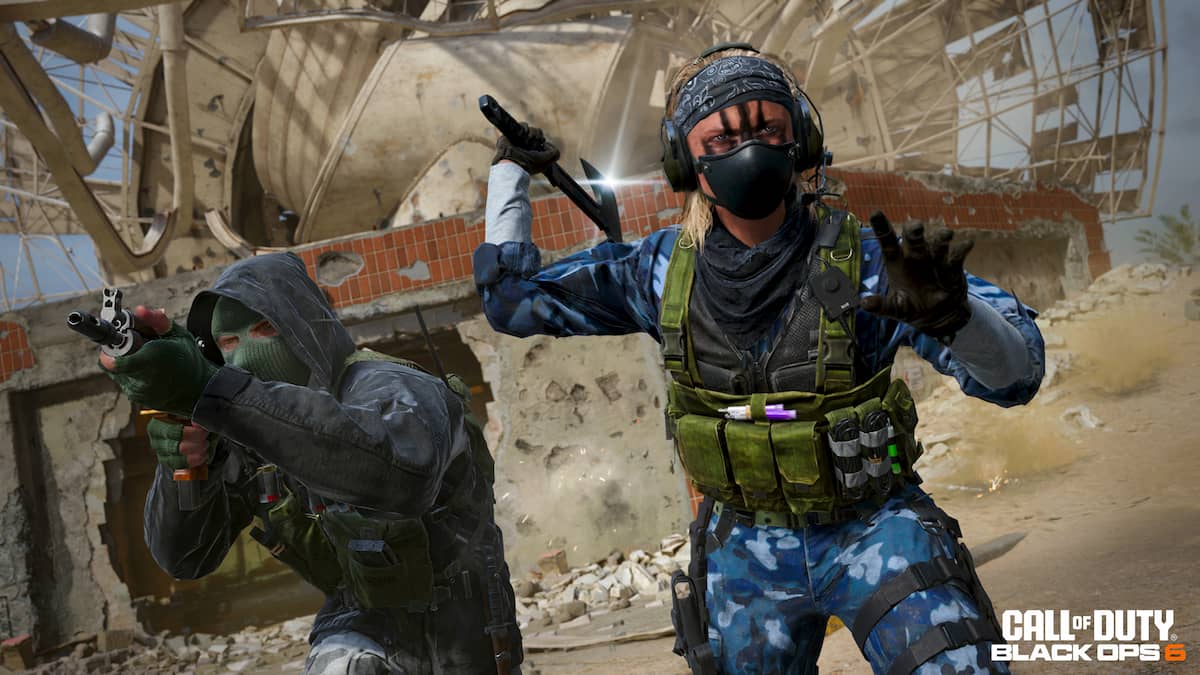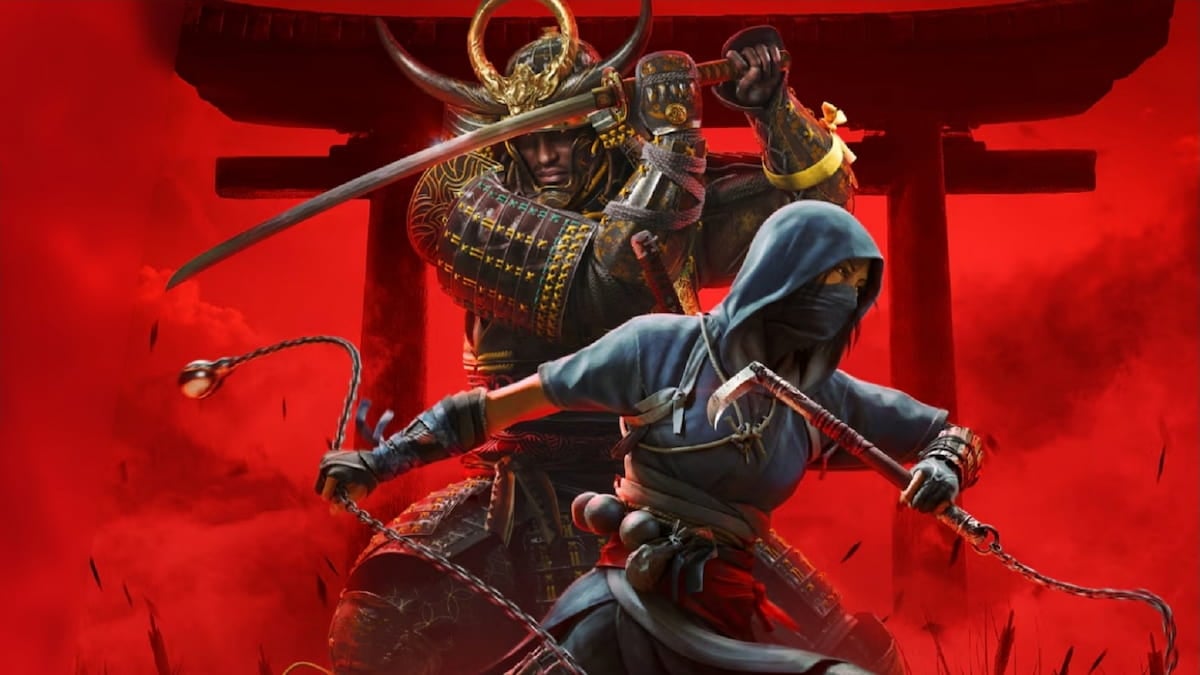Competitive gaming, or esports, already boasts millions of fans across the world. It’s a multi-million dollar industry. So why is mainstream media so slow to catch on?
A recent episode of HBO’s Real Sports with Bryant Gumbel featured a 14-minute segment devoted to the recent League of Legends World Championship and competitive gaming in general.
The segment is at times patronizing to its subjects. It perpetuates stereotype of gamers as nerds (the segment itself is called “Revenge of the Nerds”) even as it attempts to dispel . But reporter Soledad O’Brien, interviewing some of LoL’s top competitors and organizers, makes a solid case for why competitive video gaming should be considered a sport on par with baseball or football. (A copy of the video was briefly uploaded to YouTube before the company removed it.)
“Statistically the fastest growing sport in America is, of all things, video gaming,” notes Gumbel at the start of the video. “And if you’re among the many who don’t consider it a sport at all, millions of rabid fans would beg to differ.”
As O’Brien points out, League of Legends has turned into a significant spectacle. Riot Games, which produces LoL, reportedly grosses $200 million annually. It’s estimated that more people take part in video gaming than baseball (little league through the MLB). LoL broadcasts on the web regularly draw four times the number of viewers as the average NHL game. And the championship itself sold out L.A.’s Staple Center in under an hour.
Yet there is still resistance to label gaming a sport. The natural instinct is to dismiss it. Where’s the physical effort, the muscle, the seemingly superhuman dexterity that you see in athletes in other top sports? Well, as O’Brien points out, top gamers in the world can make up to six mouse strokes a second. That requires a pretty special type of mental and physical agility.
The gamers themselves don’t suffer from the fact that mainstream media ignores them. Many of the top competitors earn six-figure salaries. And the companies behind the sport certainly don’t have any trouble balancing the books. As Dustin Beck of Riot Games points out, coverage by mainstream sports outlets, along with the recent U.S. government decision to issue athletic visas to foreign gamers, give esports a legitimacy that is craved by its competitors and fans.
“These (players) have taken journeys in their life to become pro athletes for something that’s not really a traditionally accepted career path,” Beck said in the video.
“Yet these guys are doing it and they’re living it. And so to get that kind of validation, confirmation that this is the real deal has been exciting for our fans.”






Published: Oct 25, 2013 12:14 pm